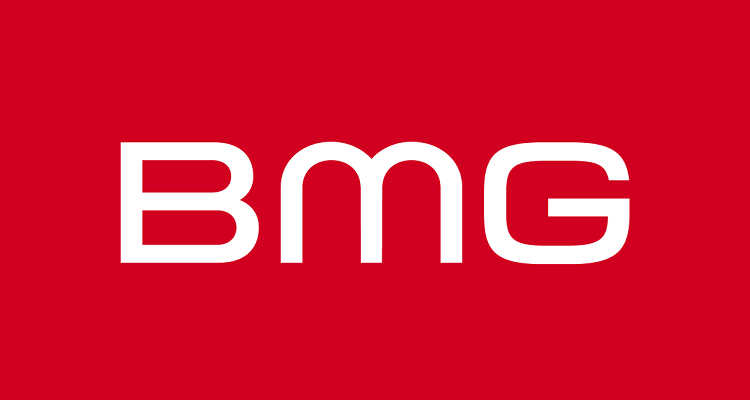
BMG has officially put the Recording Industry Association of America (RIAA), the National Music Publishers’ Association (NMPA), and the major labels themselves on blast for resisting a mechanical-royalty increase for physical releases and downloads.
Berlin-based BMG, which just recently opened its Hollywood creative complex, took aim at the Big Three, the RIAA, and the NMPA in a formal statement today. The NMPA and the major labels publicly unveiled a new mechanical rate agreement yesterday, proposing to raise said rate from 9.1 cents per song (or 1.75 cents per minute of playing time, whichever is higher) to 12 cents.
This deal arrived after the Copyright Royalty Board (CRB) in late March rejected a separate pact submitted by the major labels, the NMPA, and the Nashville Songwriters Association International (NSAI). In brief, this arrangement would have left in place the 16-year-old 9.1-cent mechanical rate through the 2023-2027 period.
But a number of impacted parties criticized the suggestion – and the NMPA itself, which was alleged to have protected major-label interests at the expense of songwriters.
“The three major record companies who negotiated the deal on one side of the table have the same corporate parents as the most powerful members of the music publishing community ostensibly sitting on the other side of the table,” Music Creators North America (MCNA) said of the matter in May of 2021.
Bearing in mind this and other criticism, the three-judge CRB, upon rejecting the proposal, acknowledged the “warning flag” that is the “vertical integration linking music publishers and record labels.”
And now, as mentioned at the outset, BMG has expressed its own disapproval of the RIAA, the NMPA, and the “major record companies” in a statement about the proposed settlement. The full statement from BMG – which has directed a variety of other criticism at the Big Three in the past – reads:
“The entire songwriter community owes a huge debt of thanks to those who fought for this increase in the face of the opposition of major record companies and indifference of music publishers.
“Thanks to them, songwriters will get an effective 32% rate increase on the current 9.1 cents a track mechanical rate for physical products and downloads in the US.
“Without their belief and commitment, the RIAA (representing record companies) and the NMPA (representing music publishers) would not have been forced back to the negotiating table.
“Music companies have a duty to stand up for artists and songwriters. That is why BMG has put fairness at the heart of our agenda ever since we started business in 2008.
“We regret on this occasion that we did not speak out earlier and more robustly against an industry consensus that turned a blind eye to what has been a 15-year pay freeze for songwriters.
“More broadly, this case again highlighted the dismissive approach of record companies toward songwriters who just a month ago entered a motion designed to exclude the vast majority of songwriters from benefiting from any rate increase.
“Thankfully, they have backed down. They could show further humility by following BMG’s example in abandoning unfair and anachronistic controlled composition deductions which are solely designed to depress songwriter earnings.
“This episode should be a wake-up call for all those in the industry who fail to match fine words about the value of music with a concern for the people who actually create it.”
